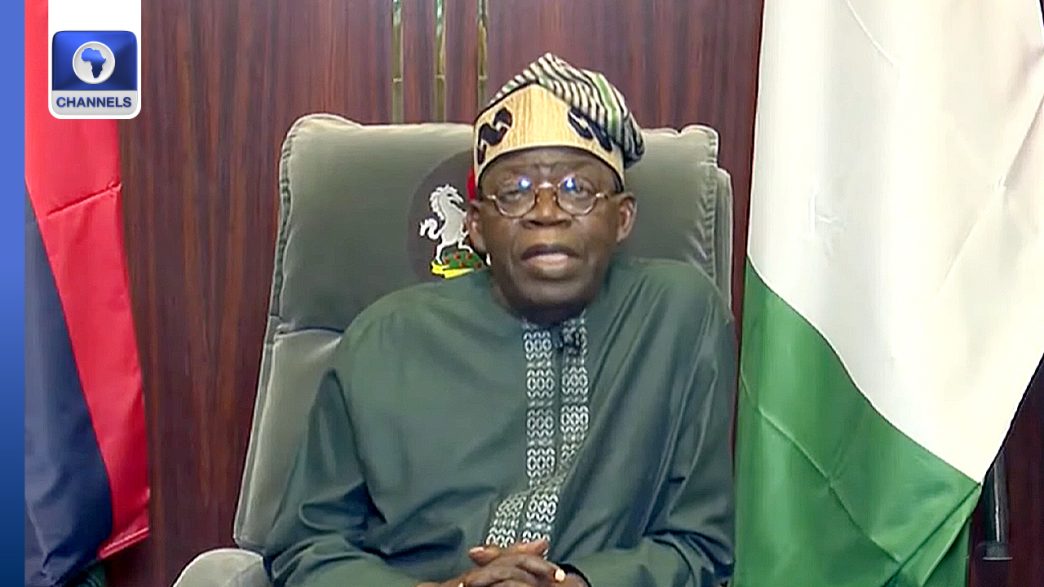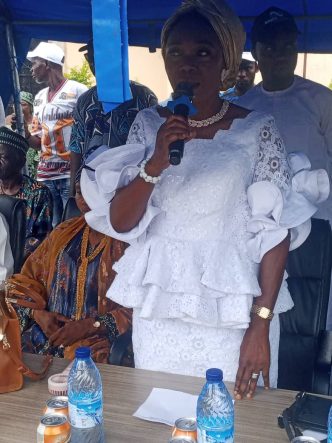Janet Samuel
The Senate has lauded President Bola Ahmed Tinubu and Nigeria’s key financial and anti-corruption agencies for their pivotal roles in securing the country’s removal from the Financial Action Task Force (FATF) Grey List, a move it described as a landmark victory for Nigeria’s financial credibility and global standing.
During Tuesday’s plenary, lawmakers adopted a motion of urgent national importance sponsored by Senator Emmanuel Udende (Benue North East), which celebrated Nigeria’s delisting as a sign of remarkable progress in strengthening its Anti-Money Laundering and Countering the Financing of Terrorism (AML/CFT) systems.
According to Senator Udende, the FATF’s decision “reflects Nigeria’s unwavering commitment to global financial standards and the extensive reforms undertaken across government institutions to plug strategic deficiencies in its regulatory framework.”
He noted that Nigeria’s previous status on the Grey List had subjected the nation to heightened international scrutiny, dampened investor confidence, and restricted access to global capital.
However, he said the country’s removal marks a new dawn for its financial ecosystem.
Udende attributed the success to the “coordinated efforts of President Bola Ahmed Tinubu, the leadership of the National Assembly, the Nigerian Financial Intelligence Unit (NFIU), the Economic and Financial Crimes Commission (EFCC), the Independent Corrupt Practices and Other Related Offences Commission (ICPC), the Central Bank of Nigeria (CBN), and other relevant institutions,” whose synergy led to this national achievement.
In its resolution, the Senate mandated the Committee on Anti-Corruption and Financial Crimes to intensify oversight on Nigeria’s AML/CFT framework and to promote closer collaboration between public and private stakeholders, ensuring that the country maintains its momentum toward transparency and accountability.
Lawmakers further expressed optimism that Nigeria’s delisting would restore investor confidence, enhance financial stability, and ease international transactions for local financial institutions that had faced excessive compliance burdens while the nation was under FATF monitoring.
“The benefits of this milestone will be far-reaching,” Udende remarked, projecting that renewed global trust will unlock foreign direct investments across key sectors like energy, technology, agriculture, and manufacturing, ultimately strengthening the naira and deepening economic reforms.
The Senate emphasized that this success was a collective national triumph, reflecting effective cooperation between all arms of government, law enforcement bodies, and international partners. It also urged continuous vigilance to preserve Nigeria’s standing as a transparent, rule-based economy.














GIPHY App Key not set. Please check settings